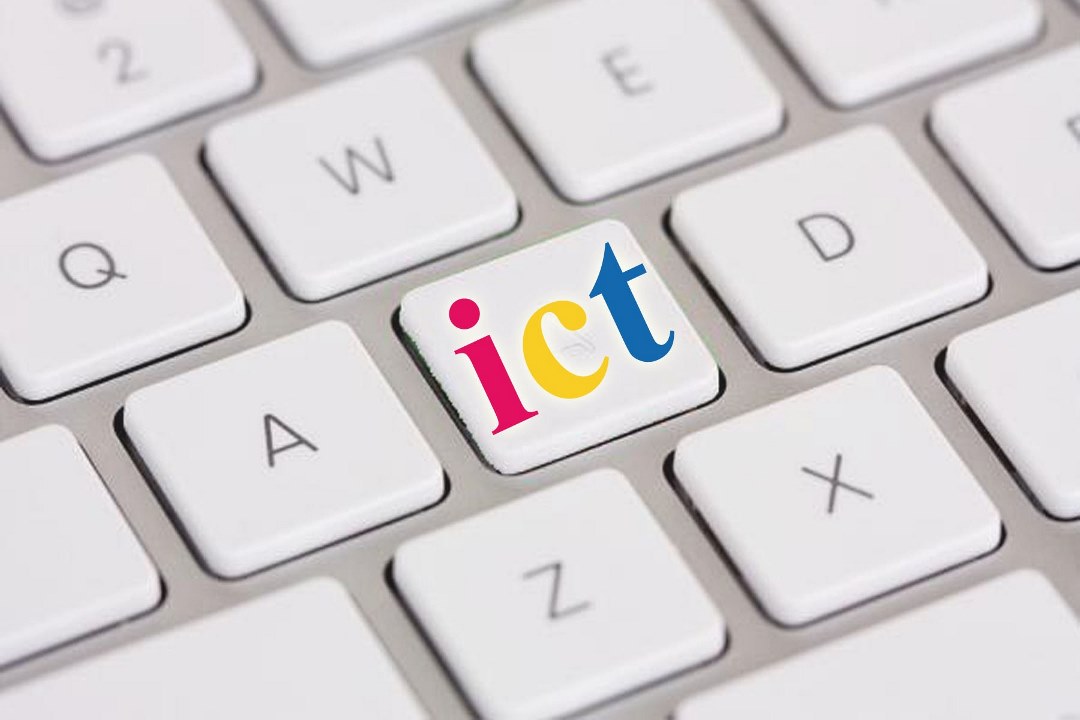Introduction: Understanding ICT Outsourcing
ICT uitbesteden (ICT outsourcing) refers to the practice of delegating Information and Communication Technology (ICT) services to external experts or third-party service providers. As businesses grow, they often face increasing demands in managing their IT infrastructure, applications, and cybersecurity needs. Outsourcing ICT functions can offer significant benefits, such as cost savings, access to specialized expertise, and increased focus on core business functions. However, it also comes with its own set of challenges and risks that companies must carefully evaluate before committing to this strategy.
Advantages of ICT Outsourcing
Outsourcing ICT services can deliver numerous advantages to businesses of all sizes. One of the primary benefits is the reduction of operational costs. By outsourcing IT functions to a third-party provider, companies can avoid the high costs of maintaining an in-house IT department, including salaries, training, hardware, and software. Outsourcing also allows businesses to scale services up or down as needed, ensuring that they only pay for what they use, thus providing flexibility in resource allocation.
Additionally, outsourcing grants access to specialized expertise and advanced technologies. In-house IT teams may struggle to stay updated with the latest technologies, but external providers specialize in maintaining cutting-edge infrastructure and offering innovative solutions. This not only improves the quality of services but also ensures that the business stays competitive in a fast-evolving technological landscape.
Potential Risks of ICT Outsourcing
While outsourcing ICT offers clear benefits, it also introduces several risks that businesses must be aware of. One of the most significant risks is the loss of control over critical business processes. When a company outsources its IT operations, it becomes dependent on the external provider for quality service and timely delivery. This can lead to potential issues if the provider fails to meet expectations, such as delays, security breaches, or poor customer support.
Data security and privacy concerns are also a critical factor to consider when outsourcing ICT services. Companies need to ensure that their third-party provider adheres to stringent data protection policies and complies with relevant regulations, such as the GDPR (General Data Protection Regulation) in Europe. Any data breach or mishandling of sensitive information can have severe legal and reputational consequences for the business.
Best Practices for Successful ICT Outsourcing
To maximize the benefits of ICT outsourcing while minimizing the risks, businesses must follow best practices when selecting and managing their external providers. The first step is to thoroughly vet potential providers to ensure they have a proven track record of delivering high-quality services. This includes evaluating their experience, technical expertise, and client references to confirm their ability to meet the company’s specific needs.
Clear communication is essential for a successful outsourcing relationship. Companies should establish detailed contracts and Service Level Agreements (SLAs) that define the scope of work, performance metrics, and expectations. Regular monitoring and reporting should also be in place to track the progress of outsourced tasks and identify any potential issues early on.
Lastly, maintaining an open line of communication between the internal team and the external provider ensures alignment of goals and continuous improvement. By fostering a collaborative relationship, businesses can leverage outsourcing to enhance their ICT operations and drive long-term success.
Is ICT Outsourcing Right for Your Business?
ICT uitbesteden offers compelling advantages, particularly in terms of cost savings, access to expertise, and scalability. However, businesses must carefully consider the potential risks, such as loss of control and data security concerns, before moving forward with outsourcing. By adhering to best practices in selecting the right provider, defining clear agreements, and maintaining strong communication, companies can reap the rewards of ICT outsourcing while minimizing the risks. Ultimately, whether ICT outsourcing is the right choice depends on the unique needs and objectives of the business.

